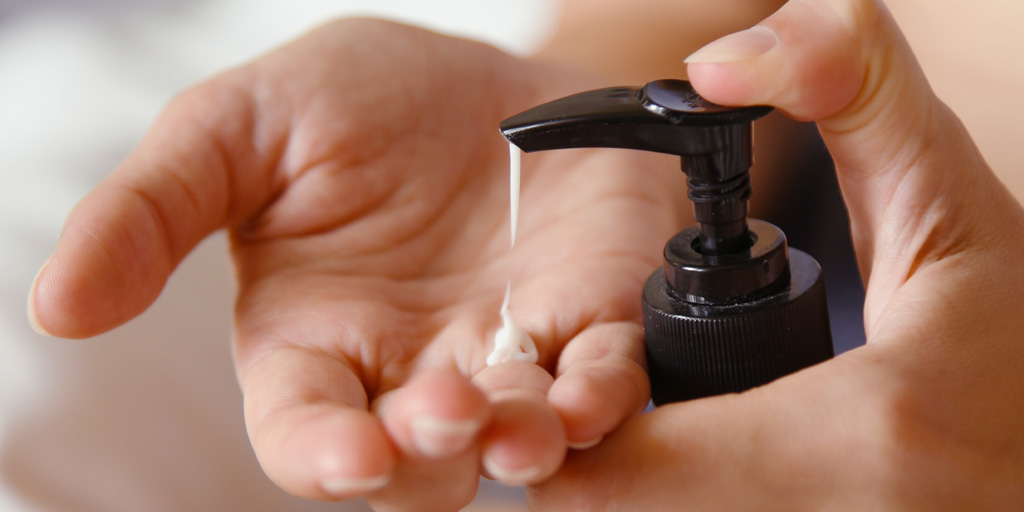Sunscreen News, Views and Miscues

Sunscreen is an important part of skin protection and it is recommended for daily wear in order to protect skin from the sun’s ultraviolet (UV) rays. UV rays can damage the skin in as few as 15 minutes, leading to signs of aging or even skin cancer. Regularly applying sunscreen with broad spectrum protection against UVA and UVB rays and practicing other means of avoiding UV exposure, such as sitting in the shade and wearing clothing that covers and protects the skin, can help reduce the damage caused by UV rays.
Is Sunscreen Safe?
There are many types of sunscreen on the market and unfamiliar ingredients can lead to questions and concerns about sunscreen ingredients and safety. Dermatology Associates of Plymouth Meeting’s own Dr. Jonathan Wolfe has also put together helpful information regarding sunscreen in order to address questions about potential health risks.
Understanding Sunscreen Ingredients
In February 2019, the Food and Drug Administration (FDA) proposed a new rule regarding sunscreen ingredients and their classification as “Generally Recognized as Safe and Effective,” or GRASE. This classification is given to drug products or ingredients that have undergone clinical investigations which have been published and deemed adequate to establish an ingredient as safe and effective.
The FDA declared that out of 16 common sunscreen ingredients, zinc oxide and titanium dioxide were GRASE for use in sunscreen, while PABA and trolamine salicylate are not. In the majority of sunscreen in the US, PABA and trolamine salicylate are no longer used. For the remaining 12 ingredients, there was not enough information to make a determination of GRASE status. It is important to understand that a lack of GRASE designation does not mean that these ingredients are unsafe —it simply means the FDA is seeking to find out more information.
How Does Sunscreen Affect My Body?
A recent study determined that when substantial amounts of sunscreen are regularly applied to 75 percent of the body, the active ingredients can be absorbed through the skin and enter the bloodstream. While some may hear this news and be concerned about sunscreen chemicals entering their bloodstream, it is first important to note that in the study, subjects were applying more sunscreen than the average consumer does, and that they were applying it more regularly than is typical. Unless an individual is applying substantial amounts of sunscreen to the majority of their body on a daily basis, and then reapplying regularly, they are not likely to be affected.
If you are concerned about sunscreen chemicals, however, it is important to talk with your board-certified dermatologist or licensed physician assistant about other UV avoidance strategies such as clothing and swimsuits that cover more of the body. They can also address any questions regarding safety of sunscreen chemicals.
Schedule a consultation to achieve the healthiest skin of your life
Contact UsHow Effective is Sunscreen?
As we learn more about sunscreen, we are able to discern more about appropriately labeling and understanding the level of protection offered by sunscreen. Oftentimes, this is shown through an SPF label; however, a review by the Environmental Working Group (EWG) said that two thirds of studied sunscreens offered sun protection inferior to their SPF labels. Rest assured, this study is not a reason to throw out all of your sunscreen!
Instead, it hopefully serves as a reminder to do your research on sunscreens. Before selecting a product, look at EWG ratings and the Consumer’s Union ratings for guidance. It is important to use a sunscreen with a minimum of SPF 30. To find the most effective protection, talk to your dermatologist about the best sunscreen and application strategy for your skin.
Sunscreen Versus Sunblock
Confusing the terms “sunscreen” and “sunblock” is common, but the difference between products is easy to understand. While sunscreen offers a filter against the UV rays, thereby minimizing its impact on skin, it does not completely protect the skin. Sunblock, on the other hand, reflects the sun’s rays and prevents UV rays from penetrating the skin. Sunscreen is typically thinner and rubs in like a lotion, while sunblock is opaque and can remain visible on the skin. Both sunscreen and sunblock offer effective UV protection when used correctly and in some cases people choose to use a combination of the two in order to protect different parts of the body most effectively.
Choosing the Right Sunscreen For You
While conversations regarding sunscreen amplify with warmer weather, protection against UV rays is a year-round habit to have in mind. Protecting against the sun’s rays can help minimize skin damage, protect against skin cancer and minimize signs of aging. To determine the right coverage options for your skin, talk to your board-certified dermatologist or licensed physician assistant about sunscreen and other sun protection options.
